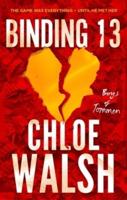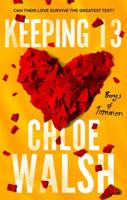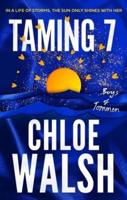Publisher's Synopsis
Barbara Brodman began writing this book nearly a half century ago and abandoned it to some far corner of her heart and mind until a confluence of life experiences and advancements in science made it viable as a work of science fiction. Incorporated herein are decades of research and teaching in disciplines as diverse as literature, art, and almost every area of the social sciences. However, it was not a lifetime of teaching and research that motivated this book as much as a desire to leave behind a fictionalized memoir of a family lineage the author feared would die with her passing. It also pays homage to the fine art of storytelling that has all but disappeared from modern culture, and it encourages a closer evaluation of concepts of love and family born of free thinking, not of fear. The novel spans some thousand years of human development, beginning at a time not too distant from our own. It begins when a group of scientists, faced with the possibility of impending extinction of the human species at human hands, decides to take action. After decades of discussion and research, they conclude that the only solution is to eradicate all males of the species and to design a blueprint for a female-comprised new world order that accords to nature the preeminent position it lost under male domination. In this new world order, politics and religion are abandoned as basic institutions of society, and consensus rules. Knowledge of a world previous to the new world order is possessed by only one woman, the Archivist. It is she who is the most respected of women, though she wields no power outside of the world of books. When she wanders too far outside the walls of the Great Library, to which she is bound from birth, things go awry, and the impossible occurs. Her quiet life of books and solitary research becomes a life of adventure and subterfuge, love and loss; until, once again, she must face choices made by the ancestors who created her world.










